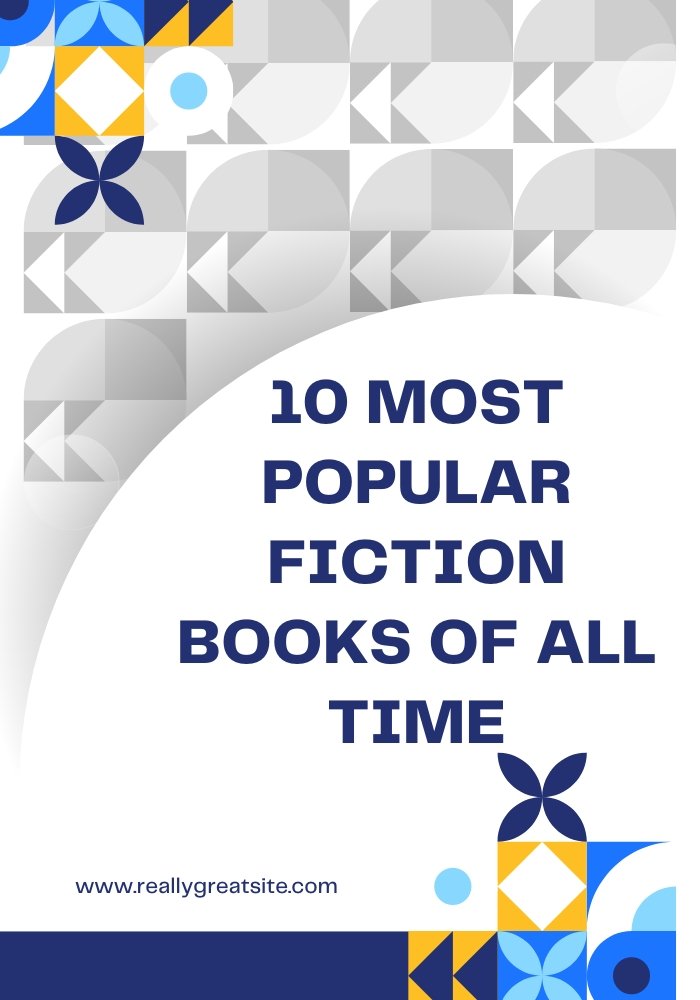Introduction
Morgan Housel’s ‘The Psychology of Money’ cuts deep into our emotional and psychological ties with money, impacting readers profoundly. In this blog post, I’ll dissect key insights from the book, weaving them with my own experiences to illuminate the complex dance of wealth, risk, and optimism. Join me as we explore these themes, aiming for the clarity and comfort of a conversation over coffee.
The Heart of Wealth
Morgan Housel’s revelation, ‘Wealth is what you don’t see,’ punches through the glittery facade we often mistake for real wealth flashy cars and designer gear. Instead, Housel redirects us to see wealth as the unseen freedom and flexibility. Imagine choosing to invest in stocks instead of splurging on the latest iPhone. Years later, that investment might fund a sabbatical or a dream project. This is wealth’s true face: the solid, unseen foundation underpinning our financial stability and future dreams. It’s about favoring lasting security over the fleeting thrill of today’s temptations.”
The Dice Roll of Life
The line between ‘brilliant’ and ‘stupid’ is razor-thin a line that luck often flips us across without warning,’ Housel teaches us. His discussion on the capricious roles of luck and risk in our finances is a cold splash of reality, an urgent call to humility. Understanding that our successes and failures often escape our control doesn’t just humble us it frees us. It’s a liberation from the self-flagellation we indulge in after every financial misstep. Imagine recognizing a bad investment not as a personal failure, but as a twist of fate this perspective isn’t just comforting; it’s empowering.
Pessimism’s Allure
Bad news magnetizes people, drawing them in effortlessly,’ Morgan Housel observes. His exploration of pessimism in finance and in life uncovers our wired obsession with disaster. Yet, Housel isn’t selling naive hope; he proposes optimism as a pragmatic strategy for long-term success. This isn’t just about feeling good; it’s about smart betting on human progress and our own resilience. Acknowledging challenges while steadfastly believing in our capacity to overcome them is no naive dance. It’s a strategic ballet, performed with grace and wisdom one that Housel masters.
The True Wealth of Independence
Money’s greatest intrinsic value? Its unparalleled power to give you control over your time,’ declares Morgan Housel. When he discusses financial independence, he isn’t just talking about living luxuriously; he’s pinpointing the ultimate luxury time. This profound insight shifts our focus from material acquisitions to the freedom moneyoffers. Imagine reshaping your day, every day, to align perfectly with your passions, to spend invaluable hours with loved ones, or to steer your life precisely on your terms. That’s the real power of financial independence.
The Saving Grace
Saving money is the gap between your ego and your income, and wealth is what you don’t see,’ Morgan Housel asserts. This isn’t about miserly hoarding it’s a strategic play for dignity and future security. Consider this: every dollar saved is a rebellion against life’s unpredictable chaos be it a sudden job loss, a medical emergency, or an unexpected home repair. By saving, you’re not just padding your bank account; you’re granting future ‘you’ the freedom and options that today’s efforts are meant to secure. It’s a powerful form of self-respect, making sure that you, and not your circumstances, get to call the shots.
Personal Reflections
Reading ‘The Psychology of Money’ was like holding a mirror up to my own financial behaviors and biases, revealing every misguided purchase and panicked sell I’d ever made. Housel’s insights made me confront uncomfortable truths, like how I often mistook spending for rewarding myself, or saw stock market dips as personal attacks rather than natural fluctuations. This wasn’t just uncomfortable; it was eye-opening. Applying what I’ve learned has dramatically shifted my financial trajectory. Now, I see success not as earning more to spend more, but as growing my savings and investing wisely to build lasting happiness. Money, I’ve realized, is a tool for achieving peace of mind, not just a means to acquire things.
The Balancing Act
While no book is perfect, ‘The Psychology of Money’ certainly tries its best. Yet, it isn’t immune to criticism. For one, Housel’s focus on behavioral finance might feel like an oversimplification of the labyrinthine economic systems at play. This approach can leave readers craving a deeper, more nuanced exploration of the economic forces shaping our lives. Furthermore, the lack of concrete, step-by-step guidance might frustrate those looking for a practical playbook to apply his insights. However, these shortcomings don’t weaken the book’s overall impact; instead, they highlight its profound core message: understanding money isn’t just about grasping market dynamics it’s equally about understanding our own impulses, fears, and desires.
Conclusion: A Call to Financial Wisdom
The Psychology of Money’ transcends the typical money management book; it’s a profound guide to crafting a life of wealth, in the fullest sense of the word. Housel’s blend of financial insight and life wisdom equips even the greenest investor with the tools to thrive, not just financially but personally. As we close this review, I’m not just recommending a book I’m advocating for a transformation. Grab a copy and let it revolutionize your approach to money, not as an end, but as a means to personal freedom and lasting happiness.
In blending Housel’s teachings with my reflections, I aim not only to critique but to ignite a broader dialogue about money’s role in our lives. Let’s carry this conversation forward. Share your insights, challenge your perceptions, and join the community of thinkers unraveling the complexities of financial wisdom. Are you ready to redefine wealth? Let’s discuss. #PsychologyOfMoneyDialogue






